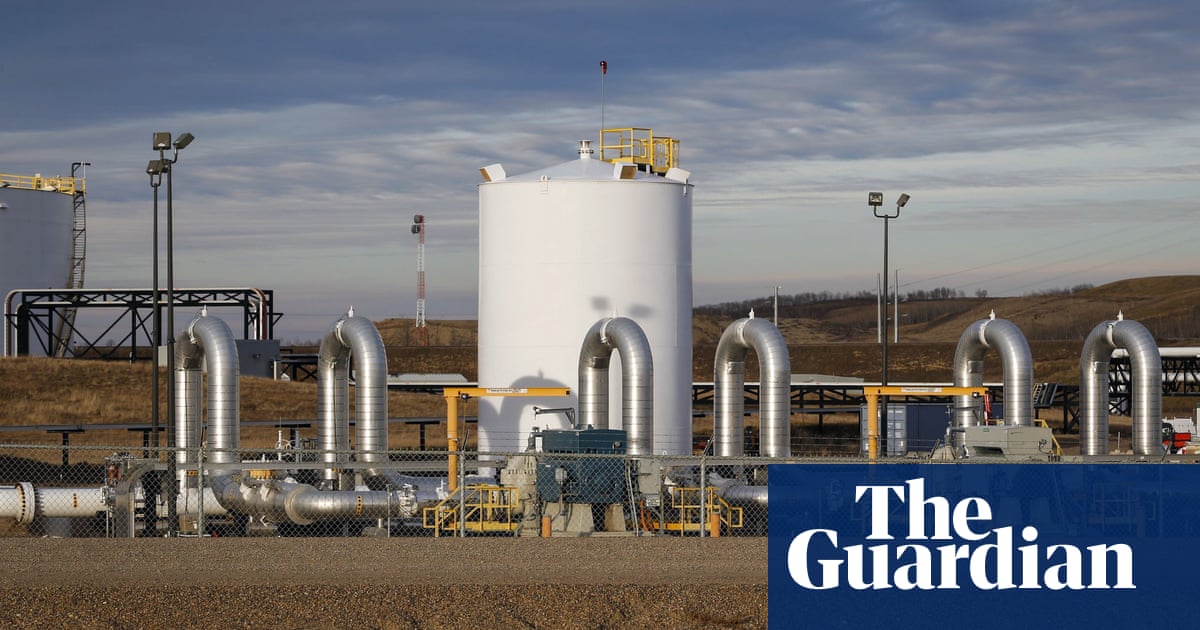- cross-posted to:
- news@lemmy.world
- cross-posted to:
- news@lemmy.world
More than $100bn of public money has been awarded to private investors in investor-state dispute settlement (ISDS) courts, according to the most comprehensive analysis yet.
The controversial arbitration system which allows corporations to sue governments for compensation over decisions they argue affect their profits is largely carried out behind closed doors, with some judgments kept secret. But, according to a global ISDS tracker which launches today, $114bn has so far been paid out of the public purse to investors – about as much as rich nations provided in climate aid in 2022.
Fossil fuel companies have been by far the biggest beneficiaries of the corporate panels, raking in $80.21bn since 1998, according to the site. If current trends continue, at least another $48bn will be disbursed to settle cases currently under litigation, the research finds.
Lucía Bárcena of the Transnational Institute, one of the three groups that created the tracker, said: “Much like the British government paid slaveholders around £7tn in today’s money for ending slavery, the ISDS mechanism continues a system where corporate perpetrators get paid for finally doing the right thing, or at least for stopping with doing the wrong thing. This money should be spent on reparations for the innocent victims of global heating not handed out to the corporations responsible for causing it.”



This is the best summary I could come up with:
The controversial arbitration system which allows corporations to sue governments for compensation over decisions they argue affect their profits is largely carried out behind closed doors, with some judgments kept secret.
Tom Wills, the director of the Trade Justice Movement, which co-created the tracker, said: “The data backs up what we’ve been saying for years: ISDS is the secret weapon for fossil fuel companies against climate laws.
The ISDS system is reeling after EU countries last week withdrew en masse from the energy charter treaty, one of the most significant sources of investor-state claims.
Unlike national courts, ISDS tribunals allow investors to shape the panels that will hear their case, creating “obvious risks of bias, conflicts of interest, potential misconduct and other abuses of power”, according to a UN report last October.
The modern ISDS system is widely viewed as an outcrop of efforts to prevent former colonies in the global south from appropriating or nationalising industrial concerns after independence.
Fabian Flues, of the PowerShift NGO, which co-compiled the analysis, said: “The injustice is glaringly obvious: countries in the global south are the main victims of ISDS, while corporations from Europe and North America benefit.
The original article contains 616 words, the summary contains 195 words. Saved 68%. I’m a bot and I’m open source!